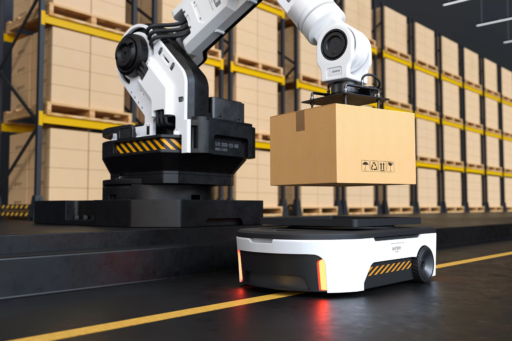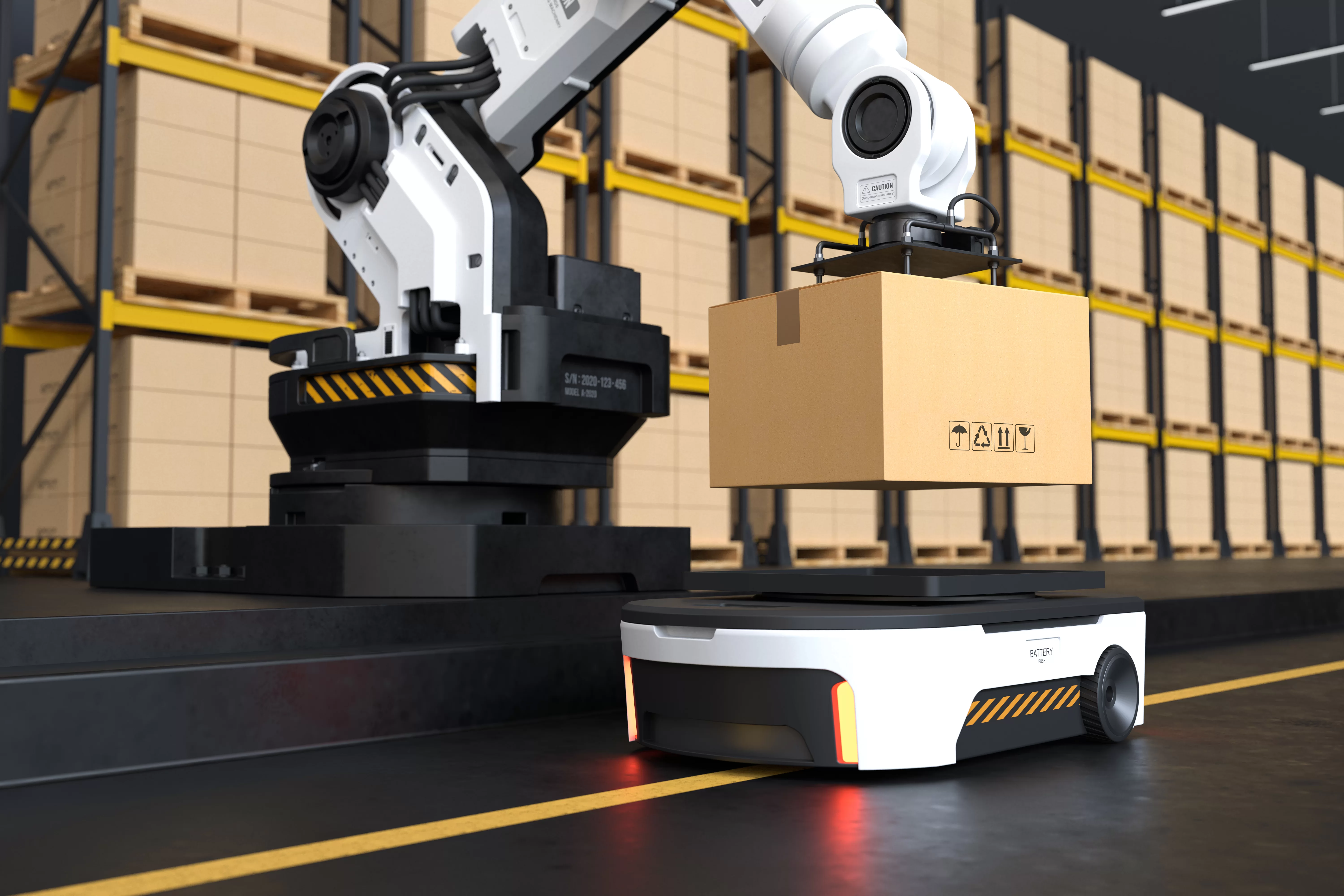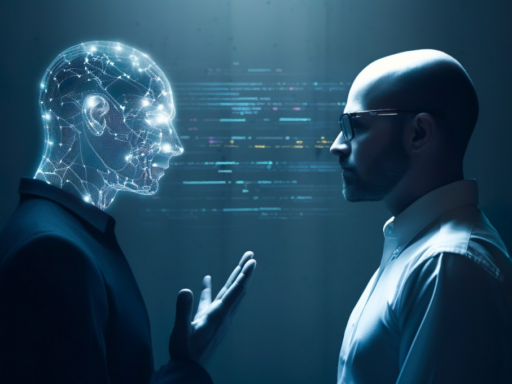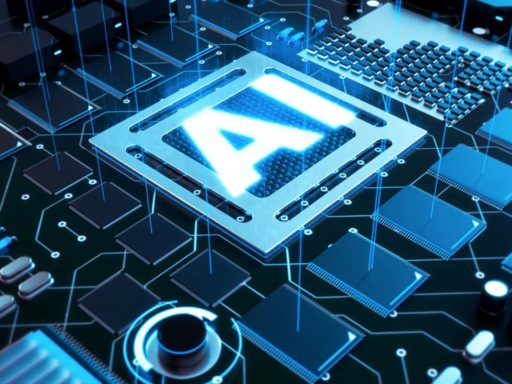Walking through a modern factory floor feels like stepping into tomorrow. Gone are the days of rigid, repetitive robot arms performing the same task endlessly. Today’s industrial robots are more like skilled coworkers, thinking and adapting as they work. Here’s how smart technology has transformed these mechanical marvels:
Smarter Decision-Making Through AI
Modern robots don’t just follow instructions – they learn and improve. Imagine a robot that notices when something’s not quite right with its own components and schedules maintenance before a breakdown occurs. That’s the power of AI in today’s robotics. These machines analyze patterns and make decisions that once required human expertise.
IoT-Enabled Connectivity
Factory robots now work as part of a team, both with humans and other machines. Through advanced sensors and networking, they’re aware of their surroundings and coworkers. A robot packaging products can instantly adjust its speed based on input from other machines upstream, creating a smooth, synchronized workflow.
Enhanced Precision with Machine Vision
Today’s robots have something their predecessors lacked: reliable vision. Using sophisticated cameras and sensors, they can identify objects, inspect quality, and handle delicate items with remarkable precision. This technology allows them to perform tasks that once seemed impossible for machines, like sorting mixed items or assembling tiny electronic components.
Adapting to Change
One of the most impressive features of modern industrial robots is their flexibility. Unlike their predecessors, these machines can switch between different tasks without lengthy reprogramming. They can work safely alongside human colleagues, adjusting their movements to avoid accidents while maintaining productivity.
Sustainability and Energy Efficiency
Smart robotics isn’t just about efficiency – it’s about sustainability too. These systems can optimize their power usage, reduce waste, and help factories meet environmental goals. When a robot knows exactly how much force or energy a task requires, it can work more efficiently than any human operator.
These advances aren’t replacing human workers – they’re empowering them. By handling repetitive or dangerous tasks, smart robots free up people to focus on more creative and strategic work. It’s a partnership that’s reshaping the industrial landscape, one smart robot at a time.







